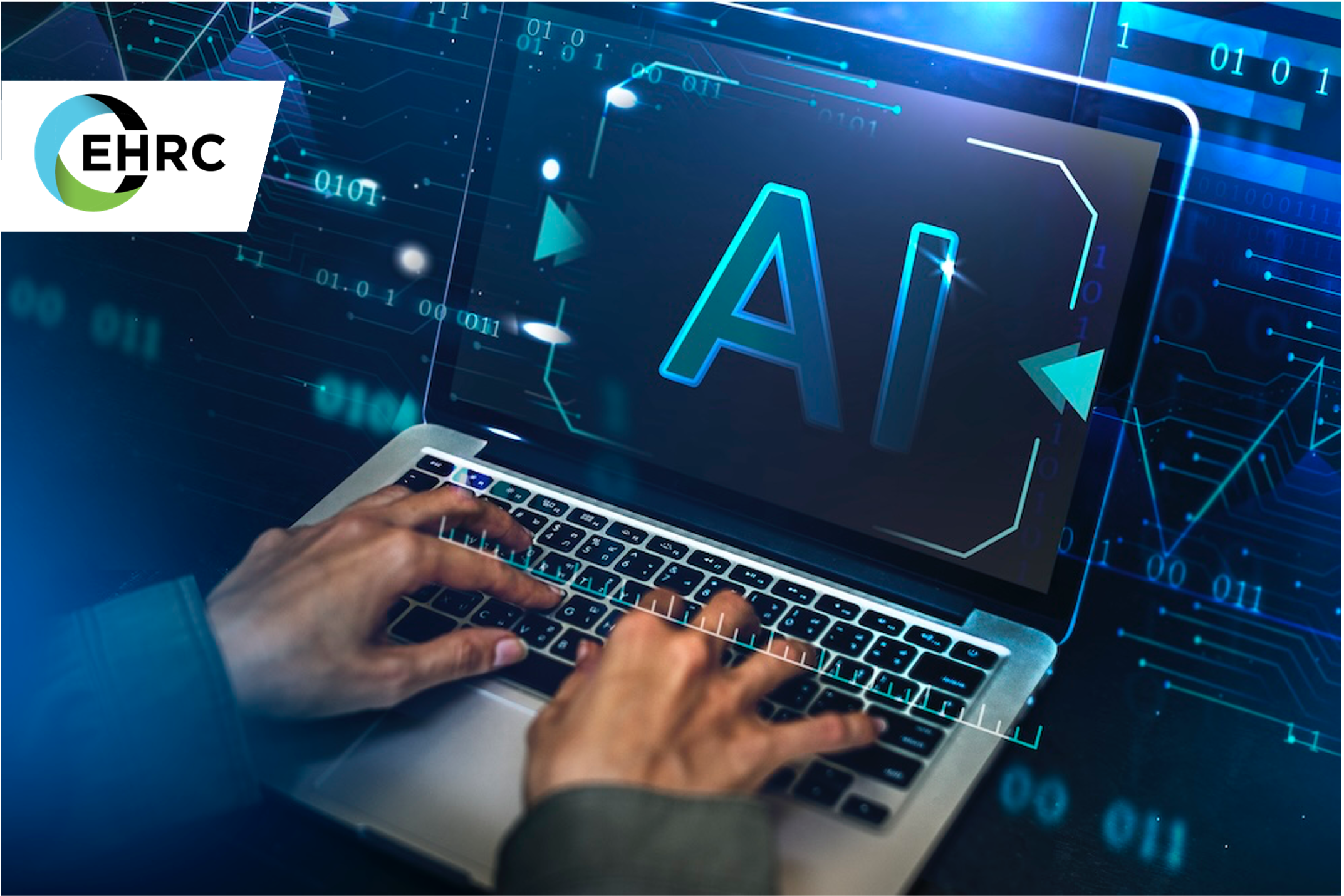AI in Action: Boosting Note Efficiency, Patient Care, and Your Bottom Line
The world of healthcare is drowning in paperwork. Clinicians spend a significant amount of time documenting patient encounters, leading to burnout and hindering the quality of care they can provide. But there’s a beacon of hope on the horizon: Artificial Intelligence (AI) and Machine Learning (ML).
Let’s dive into how AI and ML can revolutionize note efficiency, improve patient care, and even reduce costs in your healthcare organization.
Streamlining the Note-Taking Process:
- Smart Scribes and Voice Recognition: Imagine dictating your notes and having them automatically transcribed and populated into the EHR. AI-powered systems can transcribe speech with high accuracy, minimizing post-transcription editing.
- Clinical Language Understanding (CLU): Tired of endless drop-down menus and checkboxes? CLU systems can analyze dictation or speech and automatically populate relevant fields like diagnoses, medications, and allergies in the EHR.
- Automated Templates and Progress Notes: Say goodbye to repetitive typing! AI can analyze past notes and generate pre-populated templates with relevant information, freeing up time for clinicians to focus on specific details.
Enhancing Patient Care with AI-Powered Insights:
- Real-Time Risk Stratification: AI can analyze patient data from various sources and identify patients at high risk for complications. This allows for proactive interventions and personalized care plans, potentially leading to improved patient outcomes.
- Automated Clinical Decision Support: AI algorithms can sift through vast amounts of clinical data to provide real-time suggestions for medications, lab tests, and treatment options, all based on the latest evidence-based practices.
- Population Health Management: AI can help identify trends and patterns within patient populations, allowing healthcare providers to develop targeted interventions and disease prevention strategies.
Reducing Costs Through Improved Efficiency:
- Reduced Documentation Time: With AI-powered tools taking care of repetitive tasks, clinicians can document encounters faster, leading to more time spent with patients and less administrative burden.
- Improved Coding Accuracy: AI can analyze patient notes and suggest appropriate billing codes, reducing the risk of errors and improving revenue capture.
- Streamlined Workflows: By automating tasks and providing real-time insights, AI can help optimize workflows and improve overall operational efficiency, leading to cost savings.
The Road to AI-Powered Success
While AI and ML hold immense potential, successful implementation requires careful planning. Here are some key considerations:
- Data Quality: AI systems are only as good as the data they’re trained on. Ensuring clean, accurate, and complete patient data is crucial.
- User Adoption: Change management is vital. Training and support are essential for clinicians to feel comfortable using new AI-powered tools.
- Ethical Considerations: Data privacy and security are paramount. Ensure your AI solution adheres to HIPAA regulations and ethical guidelines.
The Future is Now
AI and ML are no longer science fiction. By embracing these technologies, healthcare organizations can significantly improve note efficiency, enhance patient care, and optimize costs. Partnering with a reputable AI solutions provider can help you navigate the implementation process and reap the rewards of a more efficient and effective healthcare system.
Ready to explore the possibilities of AI in your organization?
Contact us today to discuss your specific needs and how we can help you harness the power of AI to transform your healthcare delivery.
Ph. 1.888.674.0999.
mailto:info@ehrconcepts.com

